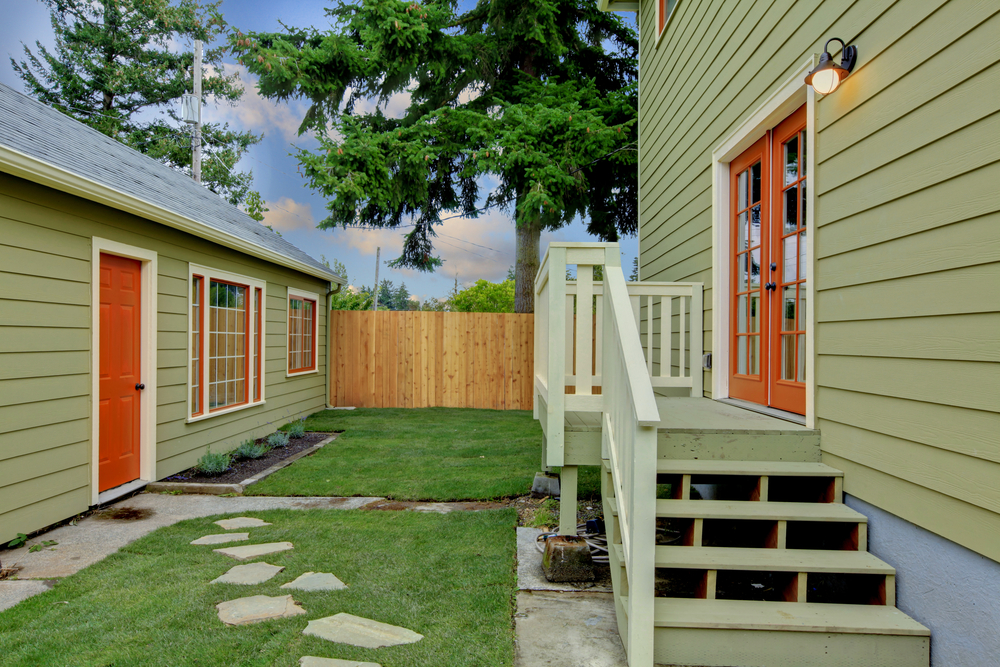Home-Based Business: Coverage for a Separate Structure Used for Work

By: Big “I” Virtual University Faculty
An insured works in a structure, formerly a guesthouse, adjacent to their home. The now-office also has a three-bay garage attached used for personal storage and personal vehicles.
Q: Is there anything in their homeowners insurance policy that would preclude the carrier covering the structure if it were destroyed or damaged by a covered peril? If the agency doesn’t disclose business use, would the carrier potentially decline the claim?
Response 1: You need to look at the policy’s definition of “business,” which begins with:
7. Business – means any full or part-time employment, trade, profession, or occupation, or a commercial, mercantile or industrial undertaking of an economic nature. It does not matter whether it is continuous or regular or is a secondary or supplemental source of income or is an insured’s principal means of livelihood. Profit and profit motive are irrelevant…
If the office is a business office, there is no coverage on the structure, per Coverage B (Separate Structure):
Coverage B (Separate Structures)
We insure separate structures.
We do not insure:
- separate structures which are intended for use in business or which are actually used in whole or in part for business purposes by an insured or any other person
There is also no liability coverage for business exposures, according to Section II – Liability Exclusions:
2. Business.
We do not cover bodily injury, property damage or personal injury which arises from, during the course of, or in connection with any past or present business engaged in by any insured or conducted from any insured location. This includes, but is not limited, to any warranty, any act, or any duty rendered, promised, owed or implied to be provided because of the nature of the business. This exclusion does not include the rental or holding for rental of that part of the residence premises not occupied by any insured.
Ask the carrier about available endorsements for this exposure. They might have a home business endorsement.
Response 2: It’s never right or safe to lie about an occupancy. Tell the underwriter what is involved.
Response 3: If you open the homeowners form and run a search using the word “business” you could see the definitions, coverage, limitations and exclusions that relate to business property and business use. Then you could consider those with your client’s specific situation in mind.
My agency discloses the business use of a home office and reviews the form to determine if and how the property and liability coverage apply. Some insurers include automatic coverage for premises liability and a sublimit for the business property. With some insurers we add special endorsements.
For my own insurance, I disclose to my homeowners insurer and include the coverage. I also purchase a business owners policy that includes broader coverage for my business, both at the home office and when I am out in the field.
Response 4: If this is a building that’s not attached to the house, it’s not covered if it’s used for business, according to Coverage B. Personal property in the excluded outbuilding would still be covered, according to Coverage C (Personal Property) but only up to $1,500 for property used for business:
4. Business property, other than electronic data processing equipment, media and data.
Coverage for loss or damage to business property, other than computers, electronic data processing equipment, and accessories and recording or storage media used with the foregoing, is limited to:
- $1,500 limit while on the residence premises
Liability coverage for any business activity is also excluded.
Although the insured may not have a duty to report a change in use after a policy is issued, an agent may very well have a duty to report the exposure to the company when they become aware of it. And if the insured concealed or misrepresented the exposure in an application for coverage, the policy could later be voided altogether.
Response 5: It seems you need to add an endorsement to cover that exposure for what is normally a reasonable premium, which your insured no doubt knows can be deducted as a business expense. Business exposures are not actuarially normal so they should sensibly incur an additional premium.
Response 6: Under Coverage B, if the insured has an office in the structure from which he conducts business, there is no coverage for any damage occurring to the structure.
When it comes to liability coverage resulting from that use of the structure, the business exclusion under the liability section would apply, such as a slip and fall on premises.
ISO uses the HO 04 42 Permitted Incidental Occupancies endorsement, which solves both the property and liability problems. Talk to your underwriter to see if the carrier has a similar form. Read the form to assure it takes care of both issues. The endorsement is an inexpensive way to address this issue.
This question was originally submitted by an agent through the Big “I” Virtual University’s (VU) Ask an Expert Service, with responses curated from multiple VU faculty members. Answers to other coverage questions are available on the VU website. If you need help accessing the website, request login information.










